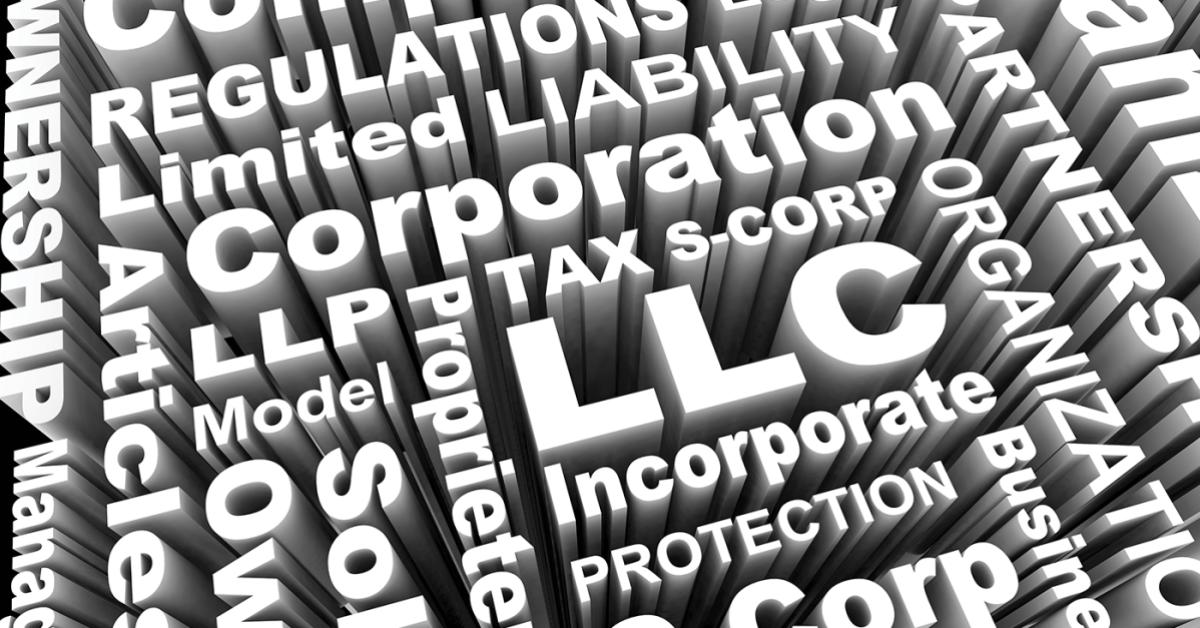NASHVILLE, Tenn. — Taking the time to set things up right can pay big dividends when it comes tax time — both for the development of your business and your children.
During her recent talk, “Tax-Saving Strategies for 2024: Choosing the Right Entity and Hiring Your Kids,” presenter Jamie Trull said that these two ideas had something fundamental in common. The webinar was hosted by the National Federation of Independent Business (NFIB).
“These are two really bread-and-butter examples of how just making small tweaks and choices for your business can save you significantly," says Trull, who was the director of finance for a Fortune 500 company and is now the owner of Balance CFO, where she is a financial literacy coach and profit strategist.
Which Business Entity is Right for You?
When first starting out, there can be confusion among small-business owners, including many dry cleaners, about how to structure their company to minimize the tax liability. Trull understands this confusion.
“The first thing I want to be clear on is the idea that your entity type for legal purposes is not always the same as your tax entity type,” she says. “People will ask me questions and say, ‘I am an LLC — how would this be handled from a tax perspective?’ And it really depends not just on your legal entity, which is the LLC, but how are you taxed?”
Trull offers definitions about the choices those setting up a company have to choose from.
Sole Proprietorship — This is a company owned and operated by one person, without distinction between the owner and the business. No official entity has been created.
“If you have not created an entity with your state — maybe you're self-employed, and you might or might not have an EIN (employer identification number) — then you are, by default, a sole proprietorship,” Trull says. “You don't have a separate tax return. You're just taxed on your Schedule C that gets put in your personal tax return. This provides no legal protection, which is an important thing to know. You are personally liable if your business is sued.”
General Partnership — This is a business operation between two or more individuals who share management and profits. Again, no official legal entity has been created.
“A general partnership is the same thing essentially as a sole proprietorship, but there's more than one person,” Trull says. “In that case, you're going to file a Form 1065. Everybody files a form 1040 — that's their typical individual tax return — but certain business entities have to file that extra form.”
Single-member Limited Liability Company (LLC) — This is a legal entity owned by one person that gives the liability protection of a corporation with the tax treatment of a sole proprietor, unless otherwise elected.
Multi-member Limited Liability Company (LLC) — This is a legal entity owned by more than one person that gives the liability protection of a corporation with the tax treatment of a sole proprietor, unless otherwise elected.
“If you were a sole proprietor and filed articles of incorporation with your state, then you would become a single-member LLC, because there's only one owner,” Trull says. “General partnerships would create a multi-member LLC.”
By forming an LLC, owners now have extra legal protection in the event of lawsuits or other actions.
“What this does is create a barrier a difference between you and your business where, from a legal perspective, if you are sued and found liable, it can give you additional layers of protection against them coming after your personal assets,” Trull says. “It’s like insurance is a layer of protection. Becoming an LLC doesn't protect you in all instances — you can invalidate that legal protection in certain instances — but ultimately, it does offer more protection typically than a sole proprietorship would provide.
Tax Treatment
“Becoming an LLC does nothing from a tax perspective,” Trull says. “That's one of the common pieces of misinformation, that there's some benefit to being an LLC for taxes. There isn't. However, you can select a different tax treatment as an LLC. That's where the legal entity versus the tax treatment comes in.”
Trull says the default as an LLC is to be taxed exactly the same as a sole proprietor. The owner has added legal protection with the LLC, but nothing changes from a tax perspective.
“As an LLC, however, you can elect to be taxed as an S Corporation, and that's a really common tax election that LLCs make, whether they are a single-member or multi-member LLC,” Trull says “A lot of people will say, ‘I’m an S Corp,’ but it’s better to say, ‘I’m an LLC, taxed as an S Corp.’ It’s a mouthful, but if you’re trying to get advice from a CPA or someone else, having that be clear is helpful.”
Trull notes that another option for business owners is to file as a corporation (typically a C Corporation), which is a legal entity separate from its owners, offering the most protection from personal liability.
“C Corps have double taxation, and it’s usually not the best entity for small businesses,” Trull says. “Definitely consult with a CPA and a lawyer before becoming a C Corp, because there are a lot of additional legal things you have to be aware of.”
Come back Tuesday for Part 2 of this series, where we’ll examine how these business structures and treatments can affect a company’s tax liability.
Have a question or comment? E-mail our editor Dave Davis at [email protected].






















